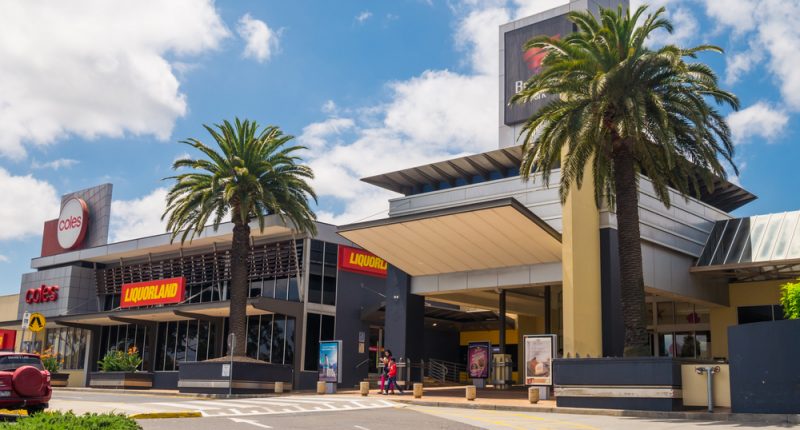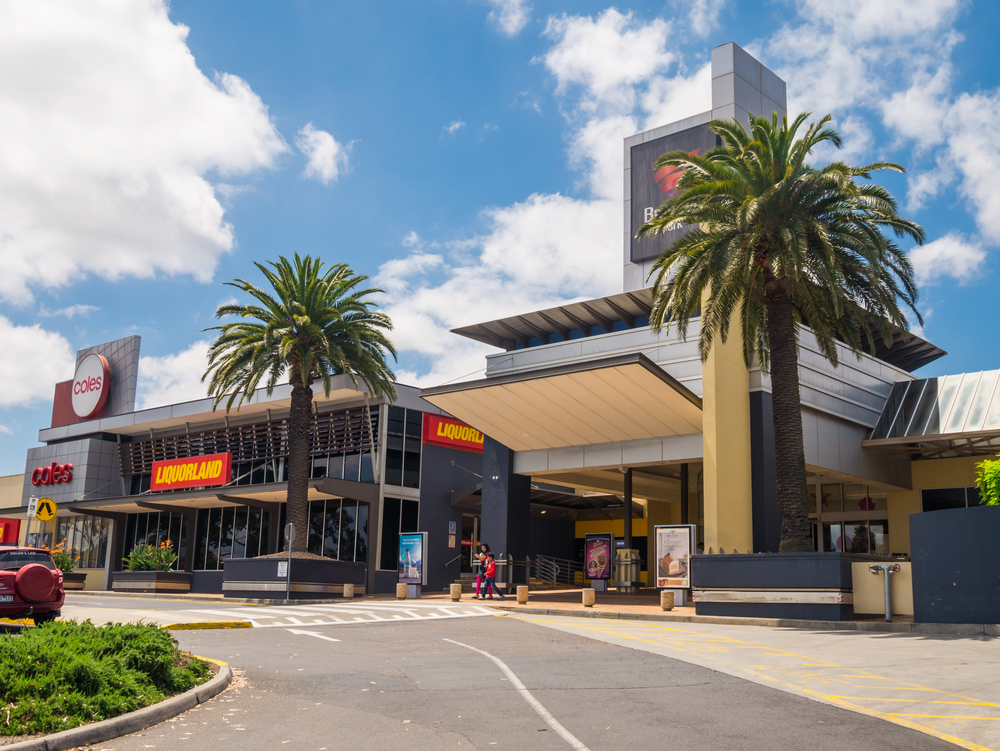- Some positive signs are emerging in Australia’s retail sector, with investment activity rising, yields tightening and a spike in large format retail rents
- According to CBRE MarketView, the overall value of Australian retail deals increased by 82 per cent to $2 billion between Q1 and Q2, 2021
- The sub-regional sector was particularly active in Q2, with nearly $1.3 billion in assets traded – nearly double what was transacted in the same period last year
- CBRE head of retail investments Pacific Simon Rooney says they expect to see retail transaction volumes increase further in the second half of 2021
Some encouraging signals are developing in Australia’s retail sector, with investment activity increasing, yields tightening, and a jump in large format retail rents in Sydney and Melbourne.
According to CBRE’s Q2 Retail MarketView Report, while nationwide lockdowns are anticipated to wreak havoc on retail trade, savvy investors are taking a longer-term approach and adding retail assets to their shopping lists.
According to CBRE MarketView, the overall value of Australian retail deals increased by 82 per cent to $2 billion between Q1 and Q2, 2021, with the rise considerably greater on a year-over-year basis at 187 per cent, considering that Q2 2020 was significantly hit by COVID-19 limitations.
The sub-regional sector was particularly active in Q2, with nearly $1.3 billion in assets traded – nearly double what was transacted in the same period last year and 16 per cent higher than Q2, 2019.
Notable transactions included Mirrabooka Square in Western Australia for $195 million, CS Square in Victoria for $136.5 million, and Hallett Cove Shopping Centre in South Australia for $71 million.
CBRE head of retail investments Pacific Simon Rooney said he expected to see retail transaction volumes increase further in the second half of 2021.
Mr Rooney said this is due to “foreign and domestic investors increasingly return to the market, attracted by high quality opportunities becoming available and the compelling returns, as investors continue to be priced out of alternative commercial property assets classes”.
“The retail mixed use space has become, and will continue to be, a key and strategic investor focus, as major opportunities present themselves and investors look to deliver enhanced returns via progressive asset repositioning and by leveraging off existing cashflow, with the inclusion of ancillary uses such as residential, medical centres and coworking spaces,” he said.
CBRE’s MarketView study reveals that yields in every retail asset class have tightened in parallel with the increase in investment activity, except regional centres.
Neighbourhood centres and subregional centres had the most yield compression, according to CBRE’s head of retail Research Kate Bailey, with both sectors benefitting from high supermarket sales.
Meanwhile, a significant year-on-year rent increase in the large format retail sector, notably in Sydney (+23 per cent) and Melbourne (+5.5 per cent), reflects a robust housing market.
CBRE Australian head of large format retail Shane Cook said the improvements in rents can be attributed to a growing housing market.
“While household goods sales growth has slowed in the first half of 2021 compared to the significant growth of 2020, spending has remained resilient overall in the LFR space,” he said.







